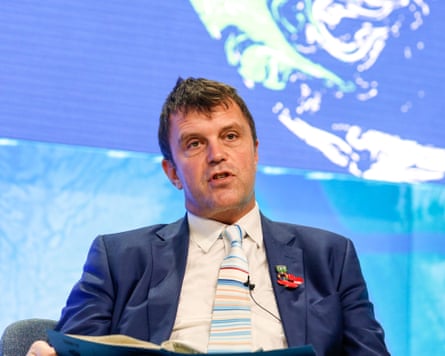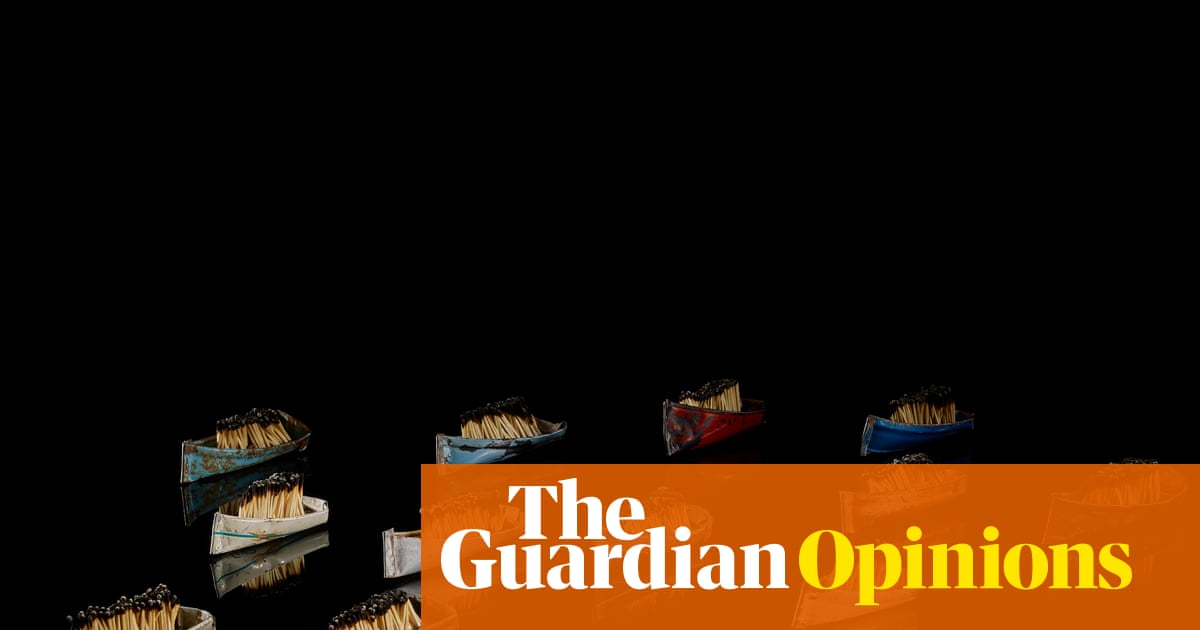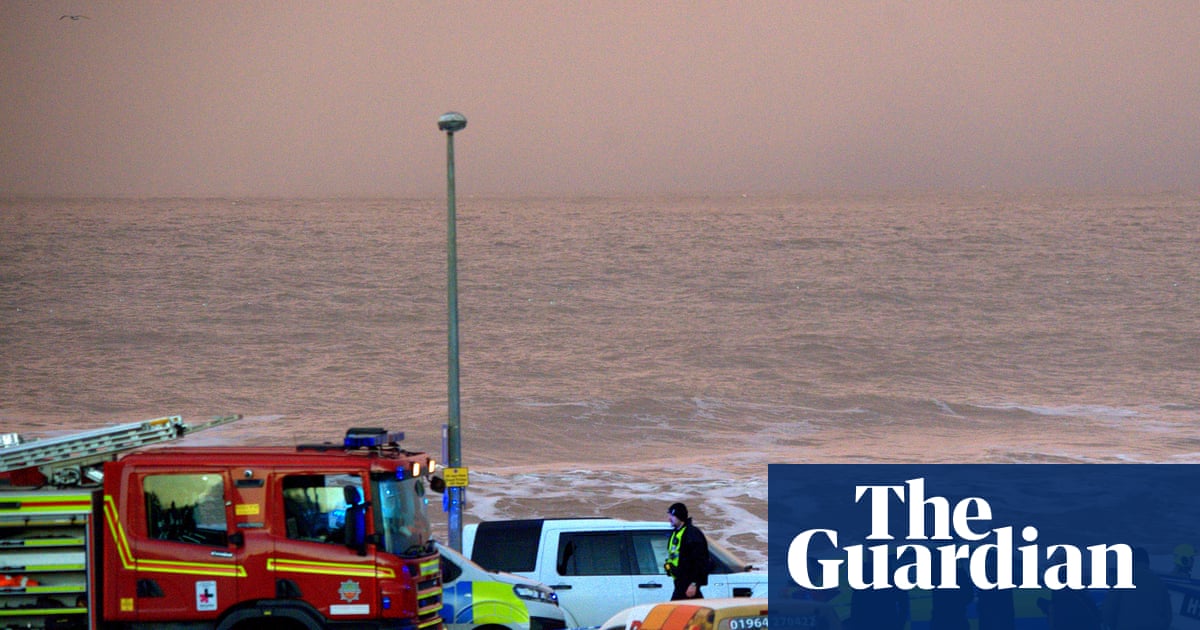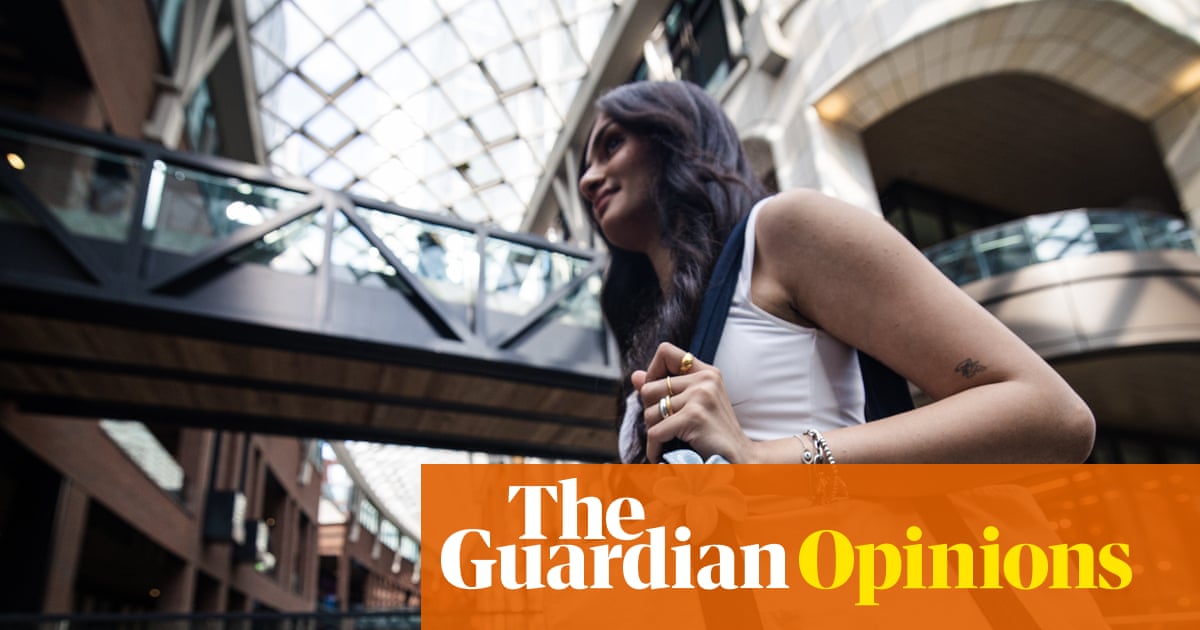Weakening or changing net zero policy would deter investors and spook financial markets, the UK government’s new climate adviser has warned.
Nigel Topping, recently appointed chair of the climate change committee (CCC), said there was “robust evidence” the UK would benefit economically from strong climate policy, despite calls from some politicians to back down.
He said: “The business community want strong, stable policy signals, and flip-flopping is not good for investment. We see it right now in the US with a huge brain drain and capital drain, as whole sectors are being de-invested or even attacked.”
Consistency in the direction of UK policy over the last 20 years – when successive Labour and Conservative governments vowed to press ahead with tackling the climate crisis, until Rishi Sunak’s premiership – had benefitted the economy, he said.
In his first interview since being appointed in July, Topping said: “It’s been a real strength of the UK. That’s one of the main reasons to be concerned about the fragmenting political consensus, is if we start to signal to the world that we’re going to flip-flop, like the US.”
The government could do more to cut the price of electricity for consumers, which would benefit both households and businesses, he added. At present, the way the UK’s privatised electricity market works means that the price of electricity is usually set by the price of gas, which has been high and volatile.
“The thing driving high costs now is gas,” Topping said. “Very high gas prices right now have added to borrowing because the government’s had to support business and citizens.
“So we’re very confident there are big economic savings, particularly on electrification, which gives a big efficiency benefit. And there’s a massive energy security benefit. Our energy imports will reduce more than 75%.”
Market reforms and shifting green levies that currently fall on electricity into general taxation, would lower prices across the economy, he argued.

uels also stores up problems, he pointed out. A future spike in gas prices could add 13% to GDP, according to the Office for Budgetary Responsibility.
Topping rejected arguments that extracting more gas from the North Sea would help. “It’s a basin in terminal decline, it’s going to reduce by 85% by 2050 anyway. So why would you do it? There’s no way of saving the 200,000 jobs in the North Sea, which is sometimes declared,” he said.
As gas prices are set internationally, more UK production would not make energy cheaper. Expanding production would also damage the UK’s credibility on climate action, he said.
Topping, who spent 18 years in manufacturing before moving into climate advocacy in 2007, was the UN high-level champion for climate action at Cop26 in Glasgow in 2021.
“The evidence is very strong that we can do [net zero] and it will be to the significant benefit of the economy, both macroeconomically and microeconomically,” he said.
“Like any investment, there’s an upfront cost. Our advice shows that it’s about 0.2% of GDP [most of which will come from the private sector]. But by the back end of the next decade [from 2035] you reap the benefit.”
While he cannot prescribe policies, Topping can give broad directional advice. The CCC’s most recent assessment of progress towards the 2050 net zero target found the UK was getting back on track in several areas, after years of inadequate policy under the Conservatives.
But there are still figures in the Labour government who want to weaken net zero policy, to echo stances taken by the Tories under Kemi Badenoch and Reform UK. There were rumours in Westminster that advisers to Keir Starmer wanted Ed Miliband, energy security secretary, moved in the recent reshuffle, but he resisted.
Faced with opposition from the right, Topping insists that policy should be based on facts and evidence. “If narratives are developed which aren’t backed up by evidence, we need to be really careful,” he said.
The UK could even reach net zero as early as 2045, Topping believes – though this is not official CCC advice. Other greenhouse gases would take slightly longer but could still be reduced to net zero by 2050, he said.
Despite the directions taken by Reform and the Tories, Topping sees a strong mandate for climate action among the UK public. “The evidence that we see is that people recognise that bold, strong action needs to be taken,” he said, noting that the CCC has been closely involved with citizens’ panels.
“The majority are supportive of action and want it explained and want it to be fair. What we’re concerned about is arguments being developed which are not supported by robust evidence for political purposes, and so we will make sure that we see that we’re providing evidence which allows people to make informed decisions based on solid evidence.”

 3 months ago
70
3 months ago
70

















































